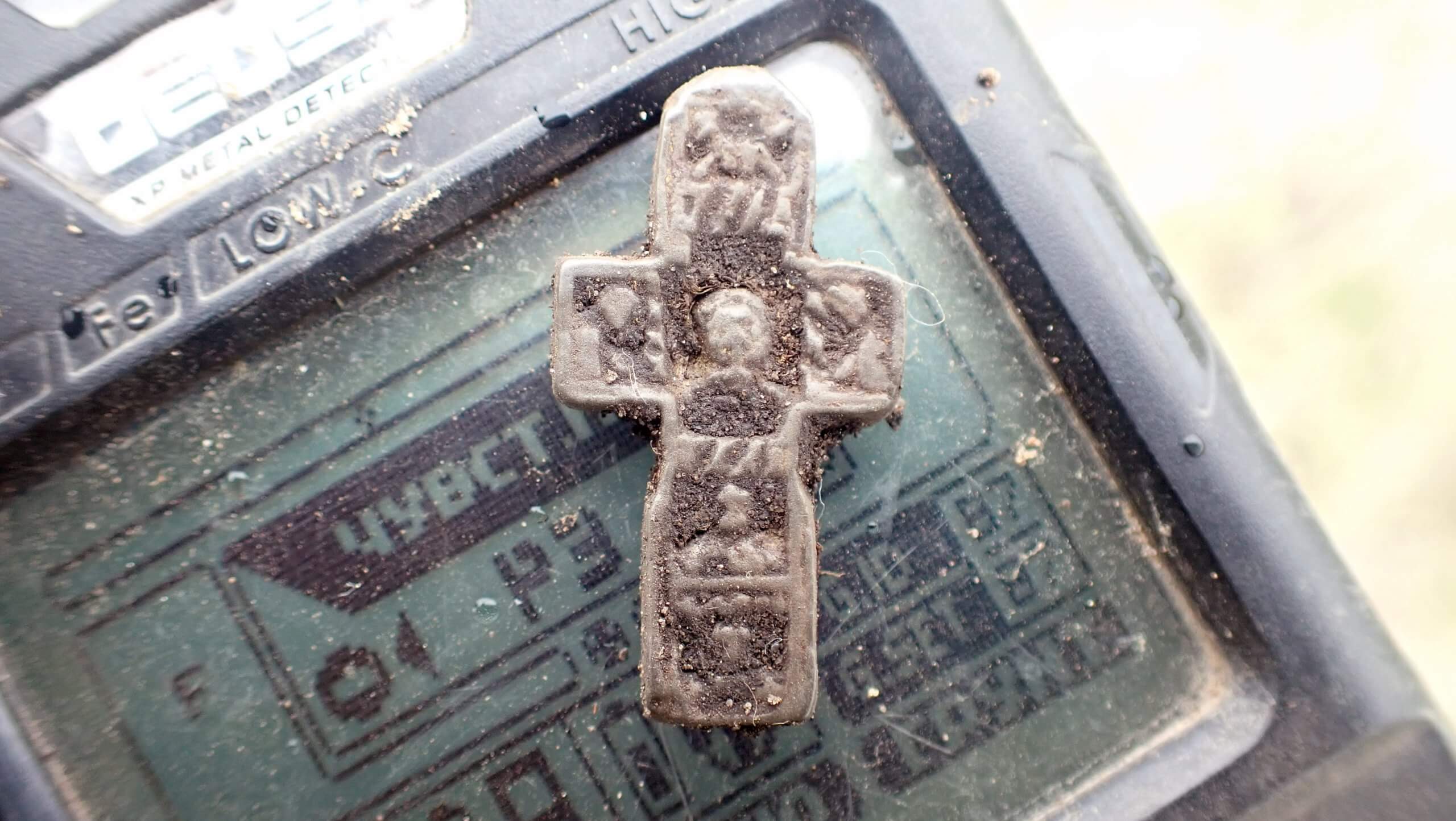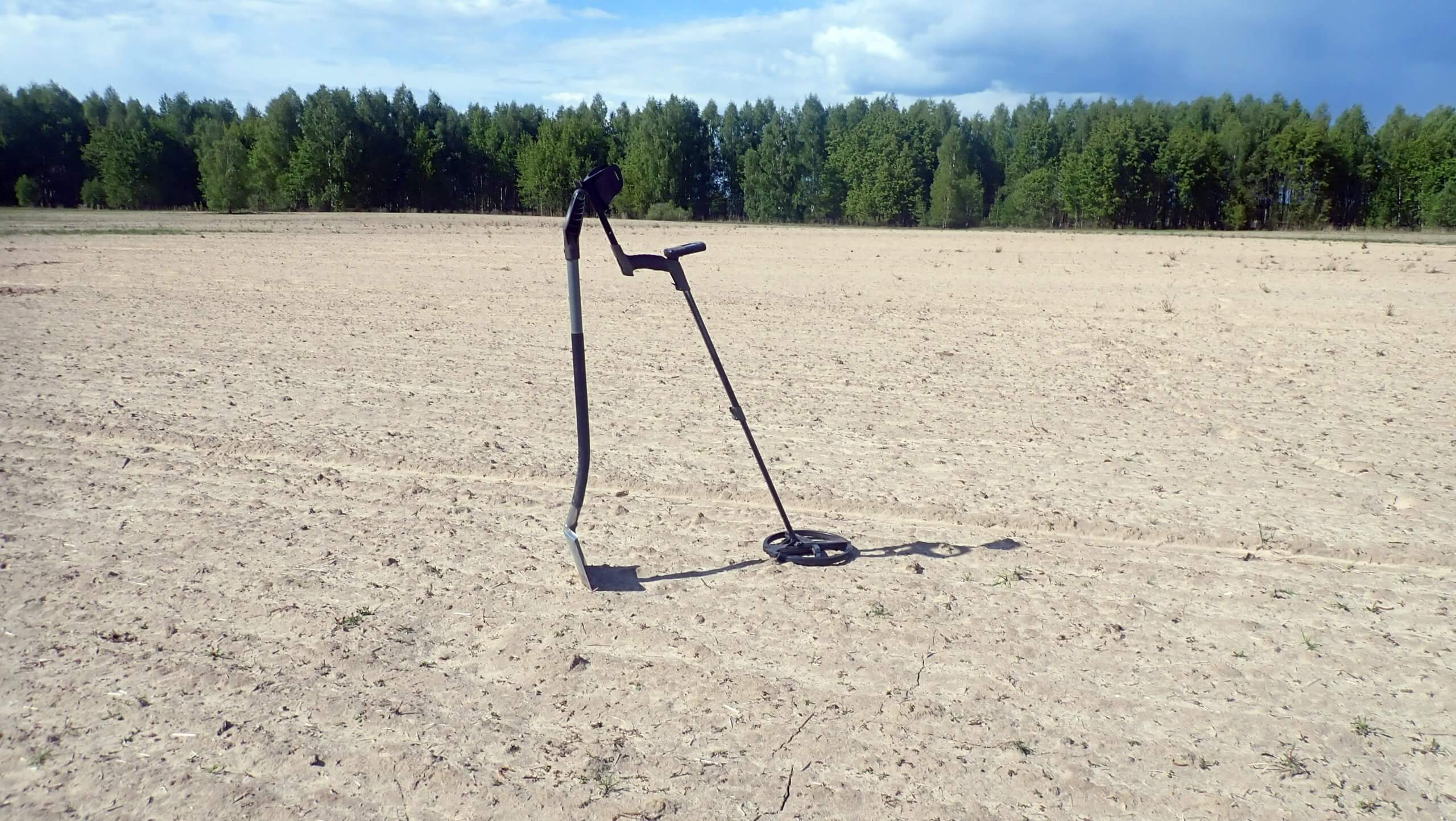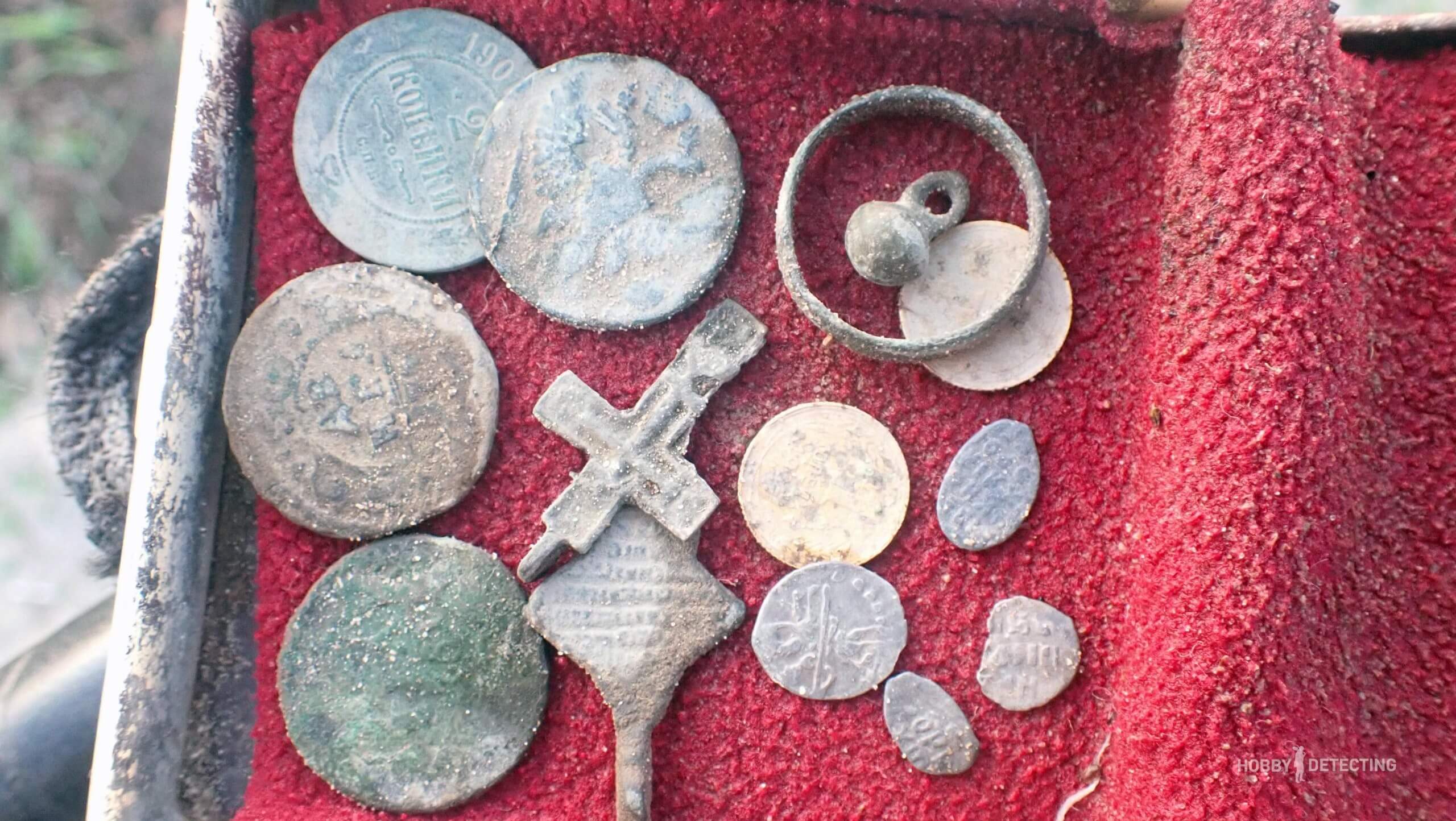How does good plowing of a field affect the emergence of new finds?
We have several excellent fields in the vicinity of the village, where after plowing you can always dig up coins. And one of them, my fellow cops and I, call it a miracle field. There are no more coins there than in the neighboring fields, but the preservation is simply amazing. The soil is sandy loam, but the most important thing is that from time immemorial only grain crops were planted here. Wheat and rye. This means that the soil here was not flooded with acid fertilizers and ammonia, like fields with corn and potatoes.
So, there is a place in this field where eight years ago comrades found an open pouch of Peter’s scales. In the first year, between the three of them, they dug about two hundred there. Naturally, completely knocking out the place. A year after the plowing, there were fifty more, then twenty, and last year I managed to pick up four more coins there.

Why did I give this example? And to the fact that there is an idle opinion that there are no knocked out places, and if it is an arable field, then the earth will always push out coins. But any person with rational thinking understands perfectly well that this is all idle reasoning. If once upon a time a bag of scales fell to the ground and was plowed open for centuries, then with regular plowing now, in three to four years, you can knock out and collect everything that once fell there.
It’s another matter if the source of scales or coins is not a once-lost wallet, but a pot with buried treasure. And here is an unimagined story of examples of such cases.

I met a comrade I knew a month ago in a field. We talked, as usual, about who found what during the year, what they saw, who they talked to? And then it turns out that in the spring the comrade very successfully dug up early tips in a field near a neighboring village. A very interesting field, if only because there is a plowed street along the edge. Over the course of seven years of digging, I combed that same plowed street and went out every centimeter of every section and foundation. I won’t lie, there were a lot of interesting finds there. But not a single treasure was found. And here, on you, from one square meter, the comrade collected nearly a hundred coins of Stalin’s mintage. Definitely opening up a man's stash.
Immediately the comrade decided to add that: “And my friend and I also dug up a good amount of scales there.” I clarified what the spread was, “torches.” The interlocutor replied that two meters, no more. As you understand, this is also a clear sign that the egg capsule was plowed open just recently. “Also, I met a guy on the field, he showed me pictures. A week before, he had dug up about fifty pieces of portrait silver in this field. It’s just a shame that the coins are almost all in the trash.”

At such moments it always becomes insulting and annoying. After all, I actually walked this field up and down, the total amount of time spent can be measured for months, and then some strays, from the first or second time, plowed up the portrait silver.
Seeing my surprise, attention and interest in the topic, the comrade continued. “And in that field,” He pointed to the field next to the one we were now nursing. “This year I raised a silver cross. Whole. That's how it was. The first signal is a cross, then twenty kopecks for some year 1860, and next to it another twenty kopecks.” I asked him clarifying questions. What is the area of scattering of the finds and were there scratches from the plow on the coins and the cross? The interlocutor thought, remembering, showed a circle around him of a couple of meters and said that this was the area of the finds. And the cross and coins are in perfect condition, no scratches, no oxides.

In general, do you understand what I want to convey to you? As for the first field, everything converges there. Plowing up foundations and old barns, these are Soviet coins. The plowing of portrait silver is the subfloor of a farmstead or one-yard, of which there were many in that field at different times. There were EIGHT landowners behind the village, six of whom had one or two peasant households and lived with their peasants in their life and work. The cross and two coins are a treasure from the road. At one time, one of the busiest roads in our area ran on that field. And, apparently, a plow recently touched the top of the treasure.
“Do you also know Kolka? No. Nevermind. So last year he was digging for metal at the forestry enterprise, and there he picked up a treasure trove of Katya’s nickels, one and a half hundred.”
But that's a completely different story. Thanks for reading and comment what you think. Are these stories real or fiction to attract your reader's attention?

